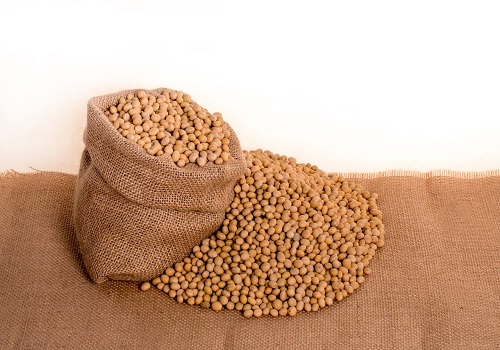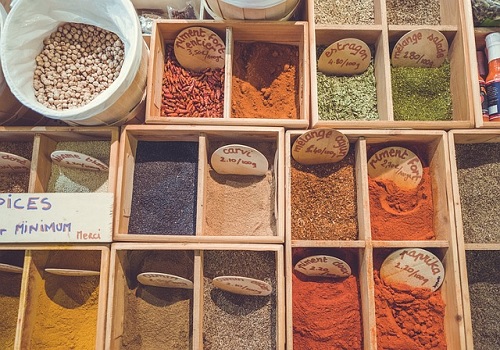Basmati Bonanza: India`s Export Prices Skyrocket in Top Markets by Amit Gupta , Kedia Advisory
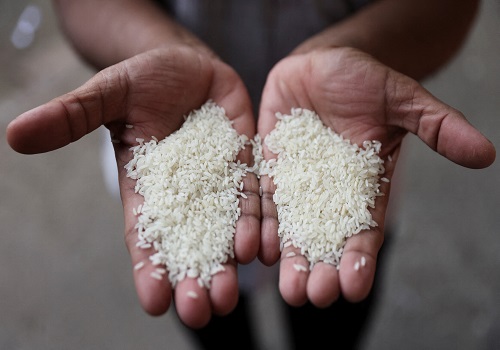
Follow us Now on Telegram ! Get daily 10 - 12 important updates on Business, Finance and Investment. Join our Telegram Channel
Amidst the backdrop of a global rice crisis, India's Basmati rice market has been witnessing remarkable developments, with prices soaring to unprecedented levels in key importing countries. Despite initial apprehensions regarding the imposition of Minimum Export Price (MEP) by the Central Government, the Basmati rice industry has not only weathered the storm but has also emerged stronger, recording substantial growth in exports and commanding premium prices across international markets. The imposition of MEP initially stirred a wave of discontent among exporters, who feared a decline in demand and loss of competitiveness vis-a-vis rival rice-producing nations like Pakistan. However, contrary to these concerns, the Basmati rice sector has experienced a surge in exports, accompanied by a notable escalation in prices.
According to data from the Directorate General of Commercial Intelligence and Statistics (DGCIS), the average export price of Basmati rice from April 2023 to January 2024 stood at $1117 per tonne. Remarkably, this figure surpasses the MEP set by the government, underscoring the robust demand and premium value attached to Indian Basmati rice in the global market. One of the pivotal factors contributing to this bullish trend in Basmati rice exports is the significant decline in the export of non-Basmati rice. With the government's ban on the export of non-Basmati white rice and broken rice to stabilize domestic prices, the focus has shifted towards Basmati rice, resulting in enhanced export volumes and improved profitability for stakeholders in the Basmati rice value chain.
Analyzing export data, it becomes evident that the export of non-Basmati rice during the period from April to January 2023-24 witnessed a notable decline of 36,032 tonnes, reflecting a 26.34% decrease in rupee terms compared to the previous year. This strategic shift towards Basmati rice exports has not only mitigated the adverse impact of the rice crisis but has also bolstered India's position as a leading exporter of premium-quality Basmati rice on the global stage. Furthermore, the diversification of Basmati rice variants and their respective demand in different international markets play a pivotal role in determining export prices. Varieties such as Golden Sela and Basmati-1121 command premium prices compared to other variants, further contributing to the overall increase in export revenue.
Highlighting the success story of Indian Basmati rice exports, it is noteworthy to mention the remarkable prices achieved in key importing countries. According to DGCIS data, India has secured record prices for Basmati rice in several nations, with Argentina topping the list at an astonishing $1969 per tonne. Other countries where India has garnered premium prices include Slovenia ($1737), Japan ($1726), Ukraine ($1575), Switzerland ($1521), Jamaica ($1517), Norway ($1422), Germany ($1401), Belgium ($1352), and Cyprus ($1351). The upward trajectory of Basmati rice exports underscores the resilience and adaptability of India's agricultural sector in navigating through challenging global market conditions. Despite initial concerns surrounding policy interventions such as MEP, the Basmati rice industry has not only thrived but has also set new benchmarks in terms of export volumes and price realization. In conclusion, India's Basmati rice export sector is poised for continued growth, fuelled by robust demand, premium pricing, and strategic interventions aimed at enhancing market competitiveness. As the nation continues to consolidate its position as a leading exporter of Basmati rice, stakeholders can look forward to sustained prosperity and resilience in the face of evolving global trade dynamics.
Above views are of the author and not of the website kindly read disclaimer










Top News

Astro Zindagi: Weekly Horoscope
Tag News
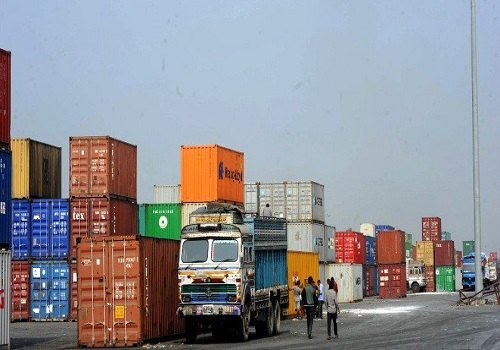
China Unveils Policies to Boost Trade Amid Tariff Worries by Amit Gupta, Kedia Advisory



More News
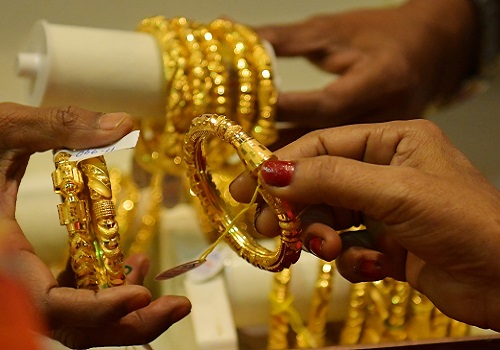
Quote on Gold and Crude by Kaynat Chainwala, AVP-Commodity Research, Kotak Securities
